A writer is someone who writes something, it’s as simple as that. Of course there are many different kinds of writers – e.g. news writers, script writers, speech writers, novelists, travel writers, poets, joke writers, bloggers, etc – but you don’t have to make money from your writing to be a writer. Yet on a regular basis, I hear people say:
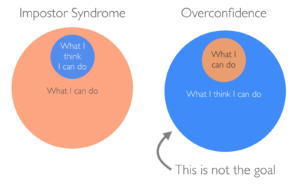
“I write, but I’m not qualified or published, so I wouldn’t say I was a writer,”
Actually, this reminds me of me and I think what we really mean is,
“I don’t believe I have the right qualifications…Why would anyone want to listen to what I have to say?…I’m scared of rejection.”
So what are these qualifications?
 If affordable, some writers choose to do a creative writing course or workshop: Some are well-taught, giving the writer purpose, perspective and techniques, as well as feedback, highlighting the things they are doing well or not so well, how to improve and sometimes even giving advice on how to approach literary agents. But I don’t think everyone needs to do a writing course and anyway, many writers can’t afford them and some courses are poorly run. But what we do need is a fairly good understanding of the language we are going to write in (though again, that doesn’t mean you need a qualification in that language) and a copy of The Writers’ & Artists’ Yearbook or the Children’s Writers’ & Artists’ Yearbook, which give a wealth of information on publishers, literary agents and advice from authors.
If affordable, some writers choose to do a creative writing course or workshop: Some are well-taught, giving the writer purpose, perspective and techniques, as well as feedback, highlighting the things they are doing well or not so well, how to improve and sometimes even giving advice on how to approach literary agents. But I don’t think everyone needs to do a writing course and anyway, many writers can’t afford them and some courses are poorly run. But what we do need is a fairly good understanding of the language we are going to write in (though again, that doesn’t mean you need a qualification in that language) and a copy of The Writers’ & Artists’ Yearbook or the Children’s Writers’ & Artists’ Yearbook, which give a wealth of information on publishers, literary agents and advice from authors.
There is an important qualification we all have and that’s our knowledge, acquired through life experiences: Relationships with people (friends, family, teachers, work colleagues & even strangers), religion, school, work, health, where you live, death, travel, food, sport, clubs, museums, cinema, TV, hobbies, socialising, reading (social media, books, newspapers, magazines…) and so on.
True wisdom is knowing what to believe in and act on.
Our brains try to filter the information that we’re bombarded with throughout our lives and in this process, we realise not all knowledge is good and not all knowledge is correct – i.e. fake news. We try and sift through new information and experiences, using our past knowledge, past experiences & common sense to form an opinion, as well as listening to others we may trust. Yet have you ever noticed that, despite having the same upbringing, being brought up in the same house and sharing the same DNA, people can sometimes have a completely different opinion? Just look at the numerous stories of people falling out with their family or partner, because they voted for Brexit or Remain, Donald Trump or Hilary Clinton and so on. True wisdom is knowing what to believe in and act on.
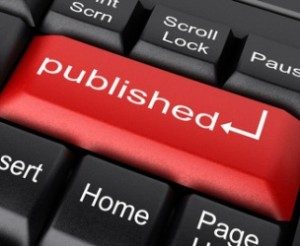 The most important thing of all is having a passion to write, as this energy feeds through to your writing. If we do not care about getting paid for our work, or getting published (unless you are self-publishing of course), then we can just enjoy writing as a hobby. But, like myself, I know many who do still want to get published by a ‘traditional publisher’ and paid for their work, which leads many of us to a fear of rejection: we lack confidence, wondering if a literary agent or publisher would enjoy our work and try to think of ways to stand out from the masses. Of course, your work does have to be marketable, but it also depends on who reads it, which is why it’s important to send your work to the right person for you.
The most important thing of all is having a passion to write, as this energy feeds through to your writing. If we do not care about getting paid for our work, or getting published (unless you are self-publishing of course), then we can just enjoy writing as a hobby. But, like myself, I know many who do still want to get published by a ‘traditional publisher’ and paid for their work, which leads many of us to a fear of rejection: we lack confidence, wondering if a literary agent or publisher would enjoy our work and try to think of ways to stand out from the masses. Of course, your work does have to be marketable, but it also depends on who reads it, which is why it’s important to send your work to the right person for you.
The most important thing of all is having a passion to write, as this energy feeds through to your writing.
For example, some critics say that if something is not complex and doesn’t push you hard, then it’s poor writing. I disagree with that. Time changes perception. Take Shakespeare: his plays were written for the masses of working classes, not for those studying English Literature at A Level or University. I had to study Shakespeare, along with Emily Dickinson & WB Yeats for A level English Literature, and was bored to tears. Yet I chose to do this course because I loved reading and at the time I remember thinking “Is all literature for adults this boring? Will I have to continue to read children’s books for life?” The person who set my A Level course had very specific tastes but thankfully, they did not put me off reading. In fact I’m still an avid reader, enjoying books that have a natural flow, where the writer makes it seem like it was easy to write. It doesn’t have to be really easy to read; there’s that balance that allows the reader to grow with the story or main protagonist. The fact is, what we enjoy is based on what we relate to, like music. So now, as a Primary teacher, during free time, when a reluctant reader wants to read a comic instead of a book, I am happy with that.
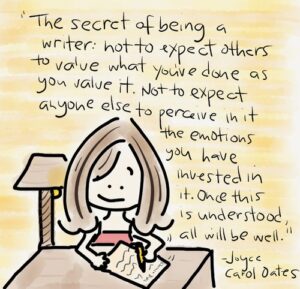 To be a good writer, I think you need:
To be a good writer, I think you need:
- A natural passion for writing.
- Knowledge of the language you are writing in and who you are writing your story for (using the left side of your brain)
- Creative ideas & emotions for your story (using the right side of your brain).
There are steps we can take to perfect our art and get support, without having to pay a lot, such as:
- Reading lots of good writing, in the area we wish to pursue (in my case, MG/YA novels).
- Through trial and error – try, try and try again!
- By reading books, magazines and internet articles about grammar, perspective, creative writing exercises, techniques, etc.
- Joining a book club, to discuss books.
- Joining a writers’ group, for giving and receiving support and ideas. I’m a member of The Hatchery Writers’ in Hove and find it useful and fun.
- Joining your local writing development agency: Mine is NWS (New Writing South, https://www.newwritingsouth.com/) which costs £20 a year and you get quite a lot for your money. I’ve been to a few of their fun and informative events and where you often have a couple of drinks and some nibbles: At my first meeting, an author spoke of her writing journey and then we did some practical writing exercises. The second meeting was where I got to mix with other BAME writers and discuss ideas. At the third meeting, The British Council spoke to us about the opportunities they may provide for writers. I also won a TLC Free Read via a NWS competition, which meant my book was read by a literary agent, from whom I then received a useful and encouraging 14-page report, on how to improve my book.
I’ve have doubted myself a lot in the past, but I’ve recently decided that I am a writer because I write…and I’ll call myself an author once I’m published.
Happy writing everyone!
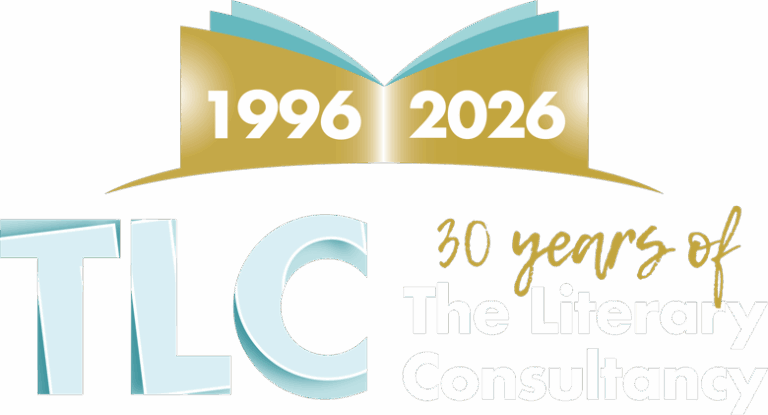
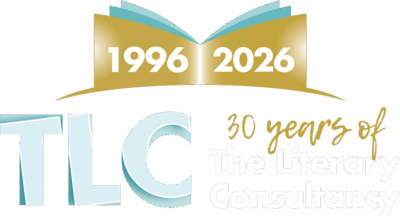
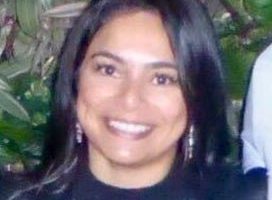
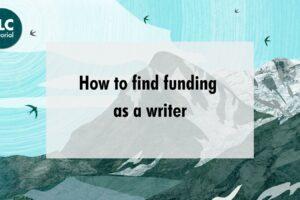
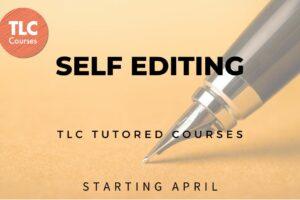


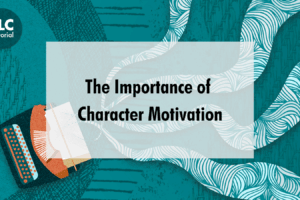
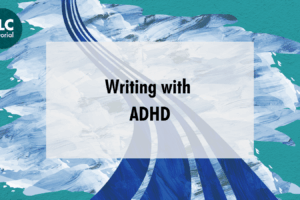
One Response
Thank you for this. It cheers me enormously. I am a writer; maybe one day an author.